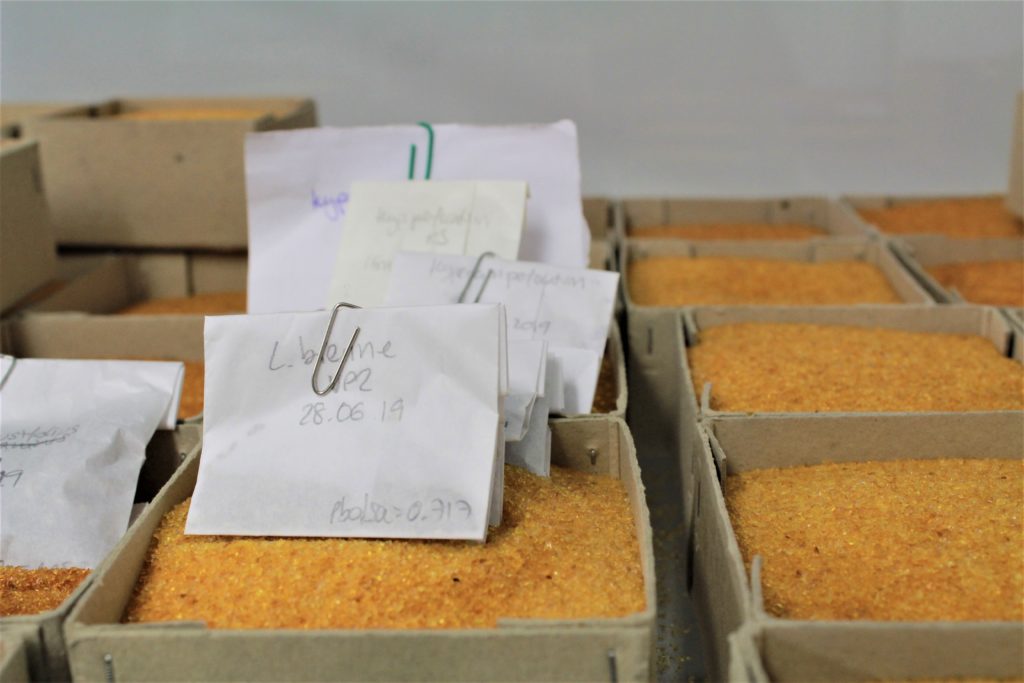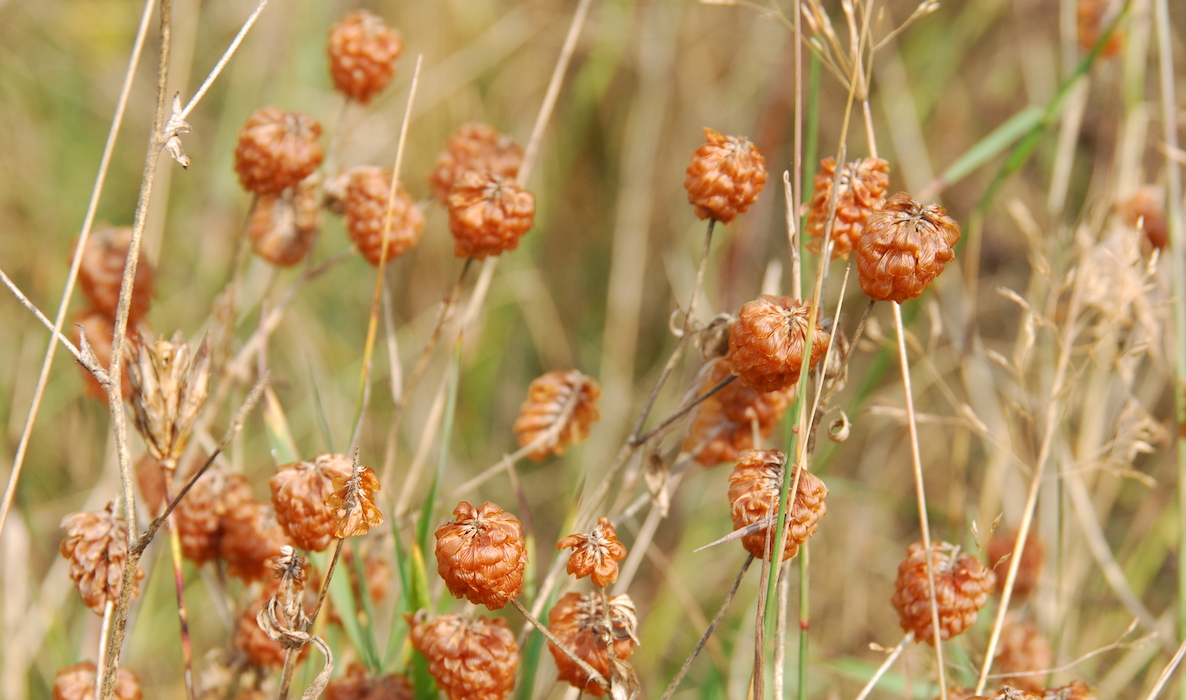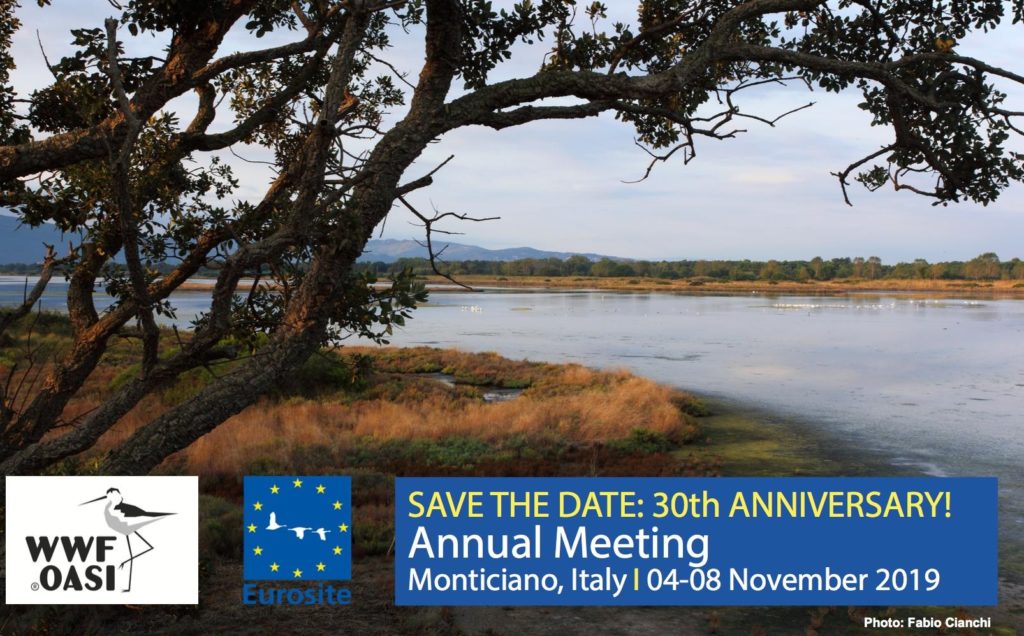Learn about the work of Farmer’s Pride project partners to conserve plant genetic resources in the wild – crop wild relatives. Project reports and databases relating to crop wild relatives can be found here.
Eurosite/ Farmer’s Pride Webinar: Crop wild relative conservation – adding value to Europe’s natural sites
Eurosite hosted a webinar in June 2020 to highlight the value of crop wild relatives in a European and global context and to explain which species are a priority for conservation in Europe and why. Crop wild relatives (CWR) are wild plant species that provide vital diversity for adapting and improving our crops – particularly in the race to combat the adverse impacts of climate change on agricultural production systems. Farmer’s Pride project research has shown that a significant number of CWR species occur within protected areas in Europe, including at least two thirds of the highest priority species in need of conservation action in the region.
Presentations can be accessed here
5-7 November 2019; a presentation by the project coordinator at Eurosite’s Anniversary Annual Meeting in Monticiano, Italy.
The first genetic reserves established in Spain
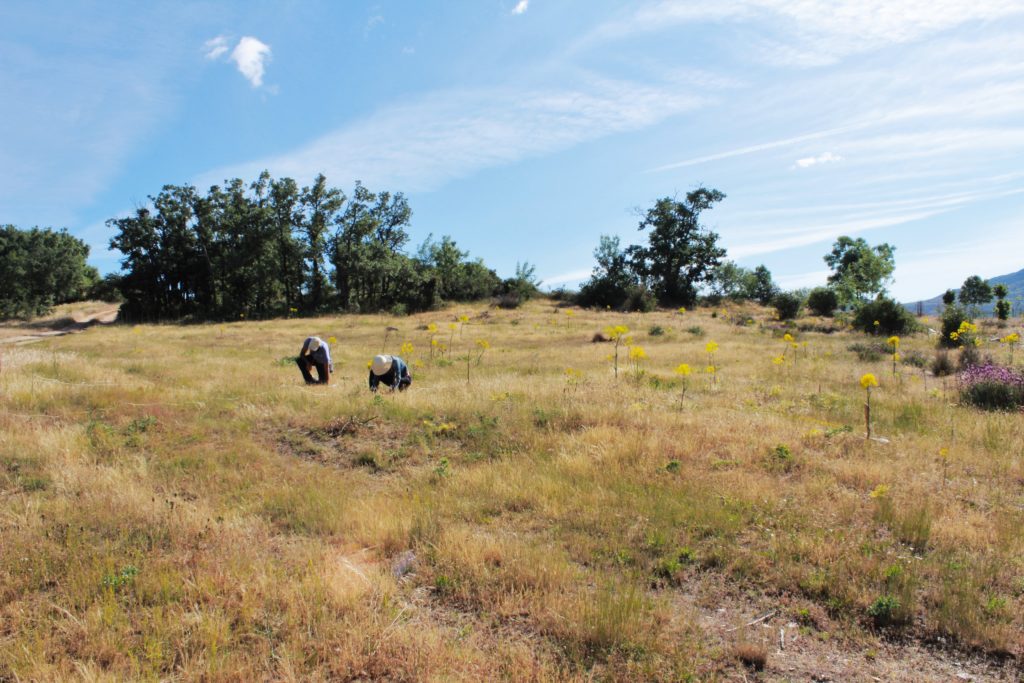
Biosphere Reserves provide the perfect setting for the conservation of crop wild relatives as they contribute to biodiversity conservation and support, both environmental training and social involvement. In 2019, Farmer’s Pride project partner Universidad Rey Juan Carlos had the opportunity to promote the establishment, for the first time in Spain, of three genetic reserves for the conservation of crop wild relatives in the Sierra del Rincón Biosphere Reserve in the rural area of Madrid province. As a starting point we delivered a two-day workshop to raise awareness of the importance of PGR conservation, give training in both in situ and ex situ conservation, and to engage stakeholders and the local community in the project. During the flowering-fruiting season we selected the sites for the establishment of the genetic reserves, georeferenced them and censused the target CWR populations. Moreover, we collected seeds for their ex situ conservation in one of Spain’s main seedbanks for wild species, the ‘César Gómez Campo’ genebank of the Technical University of Madrid. Throughout the whole time we had a two-way relationship with all stakeholders involved. This way we could ensure the success of the conservation activities without interfering in the daily running of the farm, thus effectively coordinating both interests while giving support and technical advice. Finally, with the intention of mobilizing social engagement for the conservation of local CWR diversity, we started a project in the online citizen science platform iNaturalist, and delivered a workshop for the local community in the use of it. Today, we are proud to see how the iNaturalist project is running and kept alive thanks to their contributions. This is a wonderful example of how society is willing to get involved in PGR conservation but might just don’t know where to start from until someone shows them the path. Written by Ada Molina
